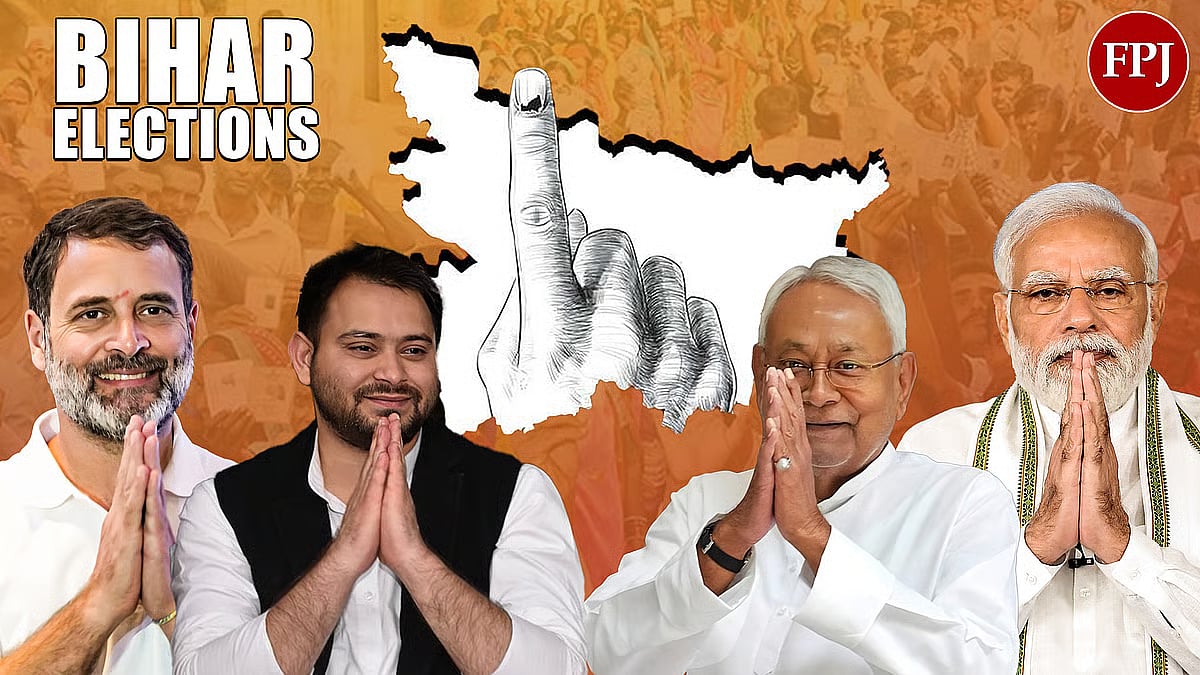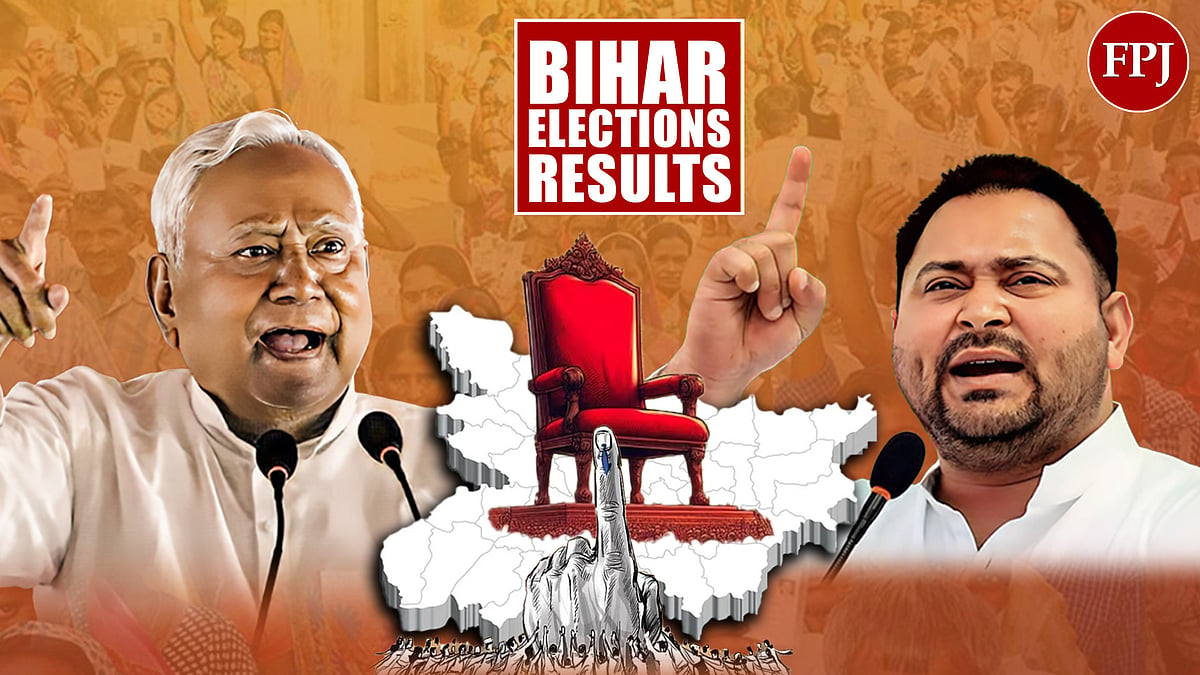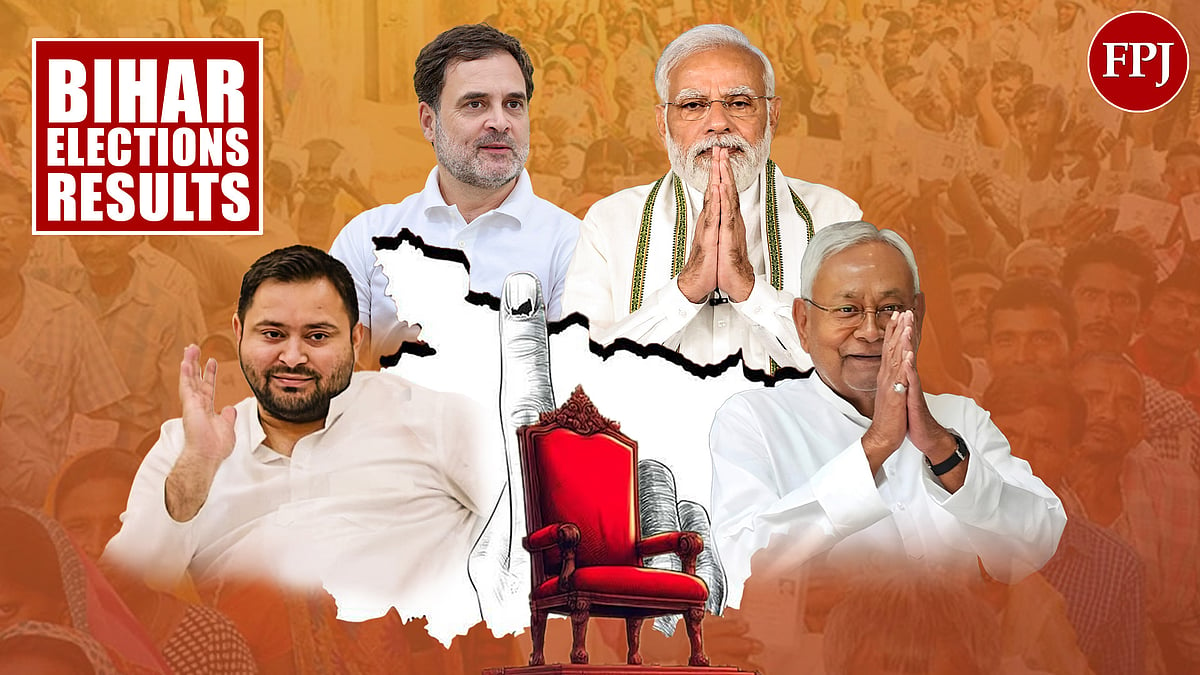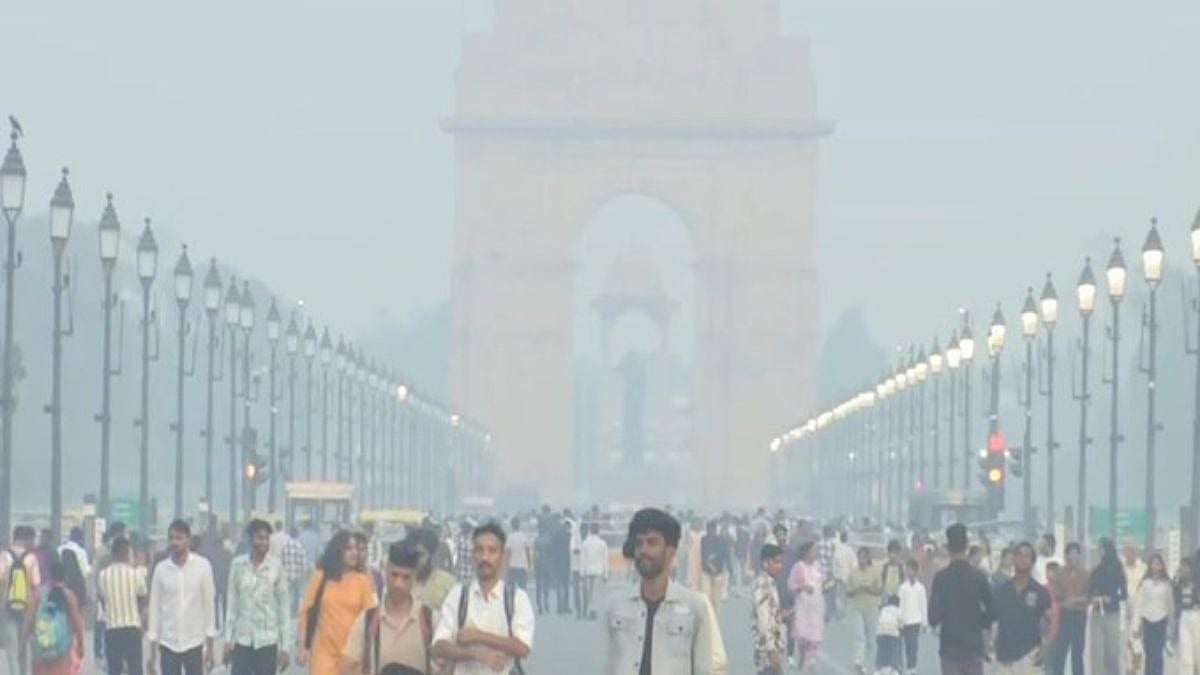Every crisis brings with it an opportunity for change and a better future. It was India’s balance-of-payments crisis in 1991 that led to the sweeping economic reforms initiated by then Prime Minister PV Narasimha Rao and his Finance Minister, Manmohan Singh. That changed the direction of India’s economic and foreign policies and subsequent governments, including the Narendra Modi Government today, have been trying to bring in greater economic reforms and liberalization to attract fresh investments from abroad and help create jobs by the millions.
Pakistan, which is one-fourth the size of India, is passing through the throes of an economic crisis today and this crisis offers our estranged cousins an opportunity to make a fresh beginning in this 75th year of our independence. Given that Pakistan is a much smaller nation with an insignificant economy in comparison to India’s, sound measures and policies would inevitably bring relief and resolution to the economic distress and the debt crisis. On Nov 30, White House Press Secretary Karine Jean-Pierre said at a press conference that “a prosperous and democratic Pakistan” is critical to U.S. interests, indicating that it is among the nations which want Pakistan to recover from its economic crisis.
All crises come with a silver lining as happened with India during the acute food shortages of the 1950s and 1960s, leading to the Green Revolution initiated by then Prime Minister Lal Bahadur Shastri and his Agriculture Minister C Subramaniam. The silver lining for Pakistan is the opportunity to repair its tattered relations with India, give up its animosity, stop promoting cross-border terrorism and resolve to end the Kashmir dispute. For many months now, cross-border shelling has stopped from Pakistan — and so has the retaliatory fire from India — in one of the longest lasting ceasefires on the Line of Control (LoC).
Sections of the civil society in Pakistan, represented by vocal commentators like the nuclear physicist Pervez Hoodbhoy, have reiterated time and again that the Pakistan Army’s Kashmir strategy over the last 75 years has been self-destructive and has not helped the Kashmiri people either in any way. India’s problem with Pakistan is essentially with the self-absorbed Pakistani generals and not as much with the Pakistani people and most of the country’s politicians. Recall Prime Minister Modi's surprise visit to Lahore in December 2015 on his way back from Afghanistan. This was the first visit by an Indian premier to Pakistan in more than 10 years and Mr Modi was received with a warm hug by Nawaz Sharif on the tarmac. The 2001 Agra Summit between President Pervez Musharraf and Prime Minister Atal Bihari Vajpayee and Mr Vajpayee’s bus ride to Lahore in February 1999 for a summit with Mr Sharif are all indicative of a desire for peace among the people of India and Pakistan.
India and Pakistan have a lot to offer each other in trade and many other sectors and thereby contribute to their own growth and development and the collective prosperity of South Asia. It would be foolish of the two nations in this 75th year of independence to lose the opportunity of working towards a new era of peace, cooperation and prosperity in South Asia. The warring nations of Europe, which were at the centre of the two World Wars of the 20th century, realized their folly and worked towards peace among the major powers since. The Ukraine war has shattered that peace and that’s an unfolding story as of now.
Pakistan has suffered four ignominious defeats in as many wars against India and it ought to be clear as daylight to the Pakistan Army that war, conflict and terrorism cannot lead to a solution to the Kashmir dispute. In fact, there already exists a solution to this dispute and, as is well known, has been discussed by India and Pakistan in Track-II (informal) negotiations: converting the LoC into an international border between India and Pakistan while allowing free movement for Kashmiris on both sides.
This is known among strategic thinkers as a ‘Trieste-type settlement’ under which the LoC in Kashmir between India and Pakistan would serve as an international border while allowing Kashmiris from both sides to intermingle. As far back as 30 years ago, leading international think tanks such as the Woodrow Wilson Center, the Carnegie Endowment for International Peace and the Stimson Center had noted that the integration of Jammu & Kashmir within the Indian Union — as has happened with the abrogation of Article 370 — was inevitable. Experts who are familiar with the ground reality in Kashmir say Kashmiris are willing to accept the revocation of the special status of Jammu & Kashmir but are deeply hurt and resentful of the removal of statehood of J&K.
Both India and Pakistan have committed blunders on Kashmir. The solution to the dispute lies in the acceptance of a Trieste-type settlement for Kashmir by India and Pakistan, and the restoration of the spirit of Kashmiriyat (communal harmony) by the Hindus and Muslims of Kashmir themselves.
Abhay Vaidya has worked as a senior journalist with leading publications. He is now director at a policy research think tank in Pune









